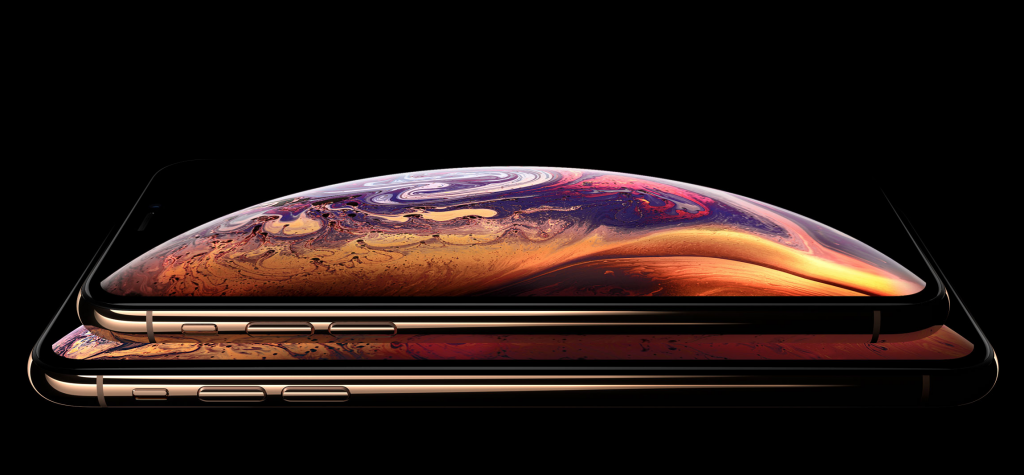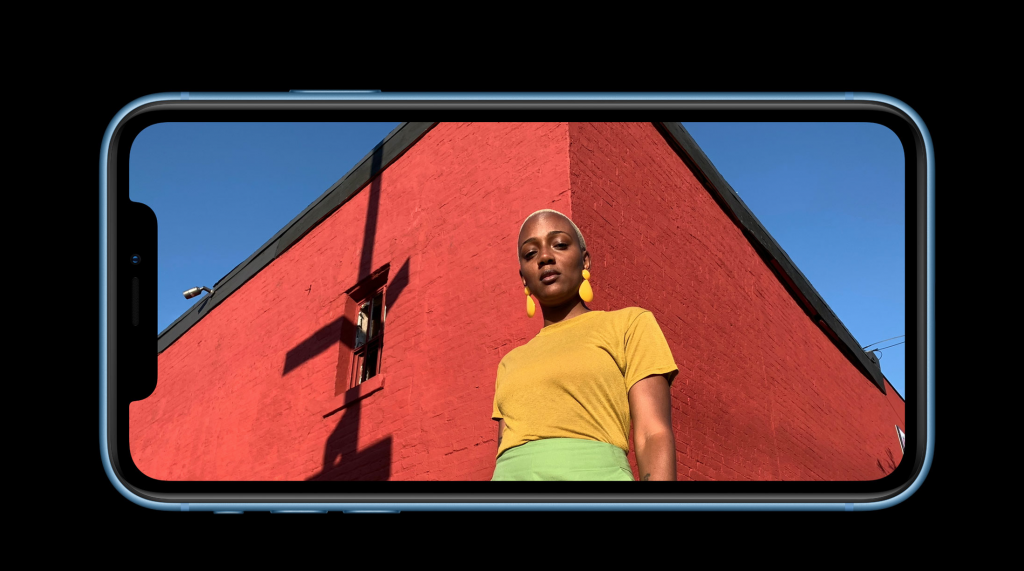Apple's rather unceremonious keynote just ended. The iPhone Xs, Xs Max and Xr are now all official, bringing incremental upgrades over last year's iPhone X and continuing the trend of higher smartphone prices.
While last year's keynote had some highlights in the form of Augmented Reality and Face ID, this year the company struggled to really bring anything new to the table. Face ID has been improved with faster algorithms and a faster ‘Secure Enclave' chip. The iPhone Xs (5.8″) and the larger Max (6.5″) version both have higher resolution ‘Super Retina' OLED displays with better dynamic range. The stereo speakers have also been improved to provide ‘wider' stereo sound. The body of the phone is now constructed out of ‘surgical grade' stainless steel and a new glass formulation that promises to be the most durable ever on a smartphone.
Powering both the iPhone Xs and the iPhone Xs Max is the A12 Bionic chip. This is the first 7nm chip, featuring 6.9 billion transistors. The SoC contains a six-core CPU, a quad-core GPU and an improved neural engine for image processing and facial recognition for FaceID. For the first time in an iPhone, up to 512GB of internal storage will be an option, albeit a very expensive one.
The iPhone Xr is essentially a spiritual successor to the iPhone 5c. It contains the same hardware as the iPhone Xs but utilises a 6.1-inch LCD display instead with ‘liquid retina' resolution, or 1792×828 to be exact. It still has the edge-to-edge design and Face ID, replacing Touch ID entirely in the new iPhone lineup. It will be shipping in six different colour configurations versus just three on the iPhone Xs. This will include blue, red, white, black and a few others.
The cameras have been improved across the board, bringing a new Smart HDR feature for better highlights and shadows. Images taken in portrait mode now have a depth of field slider, allowing you to adjust background focus after a picture has been taken.
The iPhone Xs and Xs Max have two rear-facing cameras, one is a 12MP ‘telephoto' lens and the other is a 12MP wide-angle lens. The iPhone Xr on the other hand has a single 12MP wide-angle lens on the rear.
Finally, we get to battery life. Nothing world-changing was revealed on this side of things but the iPhone Xs can last half an hour longer than an iPhone X in active use. Meanwhile the iPhone Xs Max can last 90 minutes longer. Compared to the iPhone 8 Plus, the iPhone Xr can last 90 minutes longer during regular use.
Finally, dual-SIM capability is also arriving with the iPhone Xs. Users will have the option to insert one physical SIM and then set up a second plan on an integrated eSIM already inside the phone. This would be good for those who need two numbers, or travel frequently.
Obviously, it all comes down to price and this year, the situation is bleaker than ever. The iPhone 7 will continue to be sold and the price of the iPhone 8 has been reduced. In return, the iPhone Xr starts at $749 for the 64GB version, the iPhone Xs starts at $999 and the iPhone Xs Max starts at $1099.
KitGuru Says: This year's iPhone presentation was unfortunately quite dull. Aside from the 7nm SoC, there was nothing ‘new' really going on. There are a couple of extra camera features but outside of that, everything is incremental and the prices are higher than past generations. Did many of you check out the announcements?
 KitGuru KitGuru.net – Tech News | Hardware News | Hardware Reviews | IOS | Mobile | Gaming | Graphics Cards
KitGuru KitGuru.net – Tech News | Hardware News | Hardware Reviews | IOS | Mobile | Gaming | Graphics Cards




